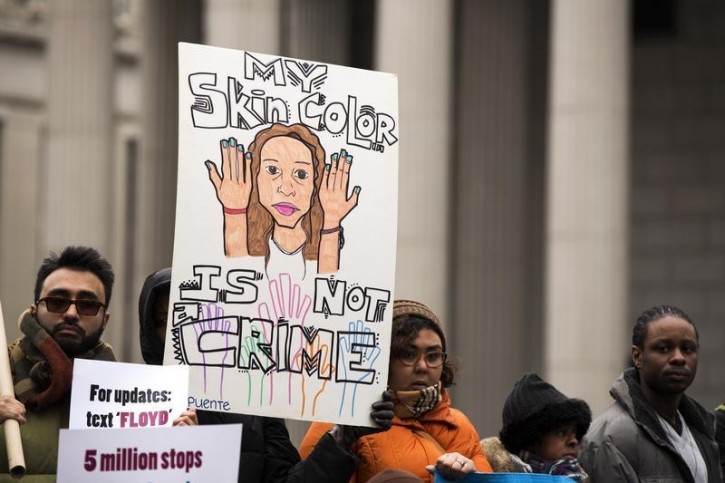
New York – The federal monitor overseeing changes to the New York City Police Department’s stop-and-frisk program said in a progress report Tuesday the department has done good work setting new policy, but putting it into practice will be a challenge.
A federal judge ruled in 2013 that the practice violated the civil rights of minorities. Monitor Peter Zimroth said in a report to the judge that the police department has distributed a new patrol guide that prohibits biased-based policing, and put into use new training for recruits and current officers. A new stop-report form is being tested.
“The progress the report details owes much to the hard work of NYPD officials and valuable input from the plaintiffs. All the parties worked diligently, collaboratively, and in good faith,” he wrote.
But the challenge will be to ensure the written changes are carried out. Zimroth says he’s discovered in focus groups that many officers and higher-ups do not understand what is expected of them.
The message “needs to be communicated and reinforced better, not just at the top, but throughout the department,” he wrote.
Street stops are down to about 24,000 annually in 2015, from a high in 2011 of 685,724. Most of those stopped are black and Hispanic men, and fewer than 10 percent are arrested for a crime. But the judge did not outlaw the practice, and Zimroth says that part of the reform must be to make sure the practice is done correctly.
“Getting it right means this: that police officers understand their lawful authority and limit their activities to what is permitted by law,” he wrote.
And it means officers don’t avoid enforcement activity when appropriate. He reported many officers feel concerned they will be sued or disciplined for making a stop. Zimroth said officers must also treat the community members professionally, “with dignity and respect and n was best designed to protect the safety of civilian and officers.”
He says the task is large and will take time to accomplish.
Nearly a dozen black and Hispanic men told firsthand accounts of frightening encounters with police where they were stopped and sometimes frisked but not arrested. They said they were targeted because they were minorities.
The de Blasio administration dropped the city’s appeal of the case when he took office, and he and Commissioner William Bratton have said the policy was overused and created mistrust between police and the community.
As reported by Vos Iz Neias
